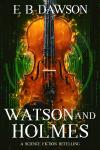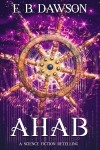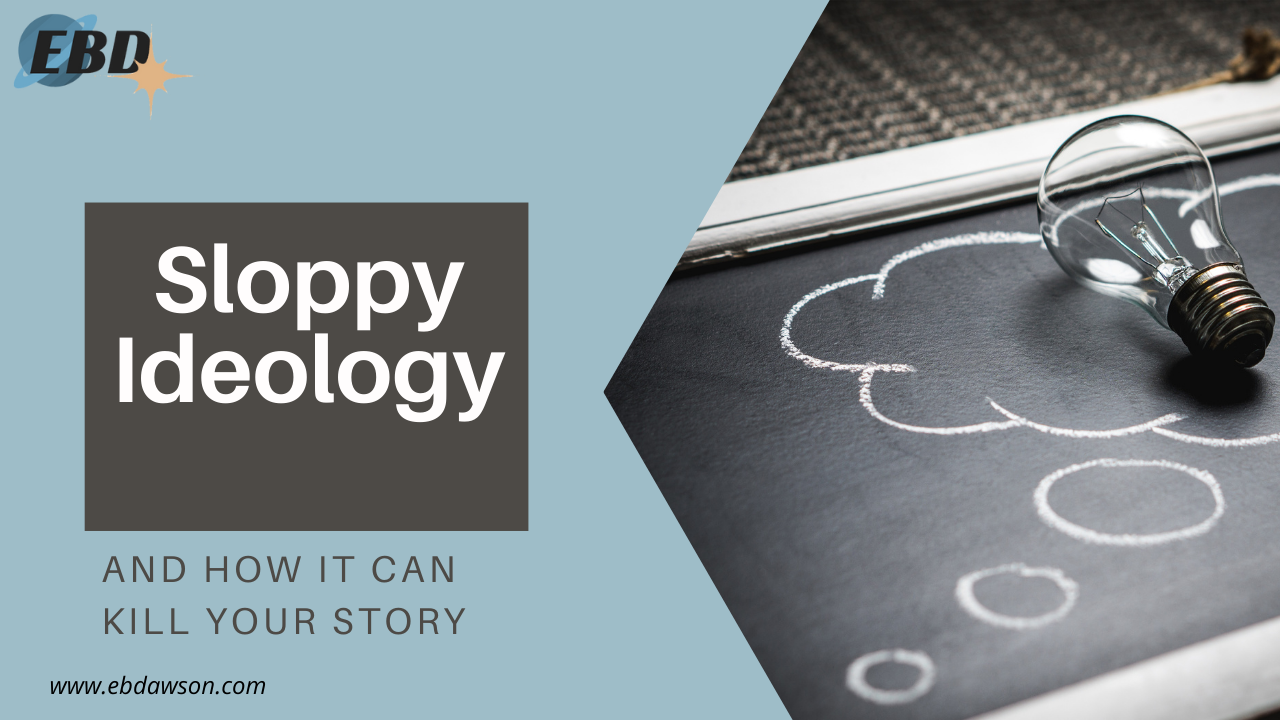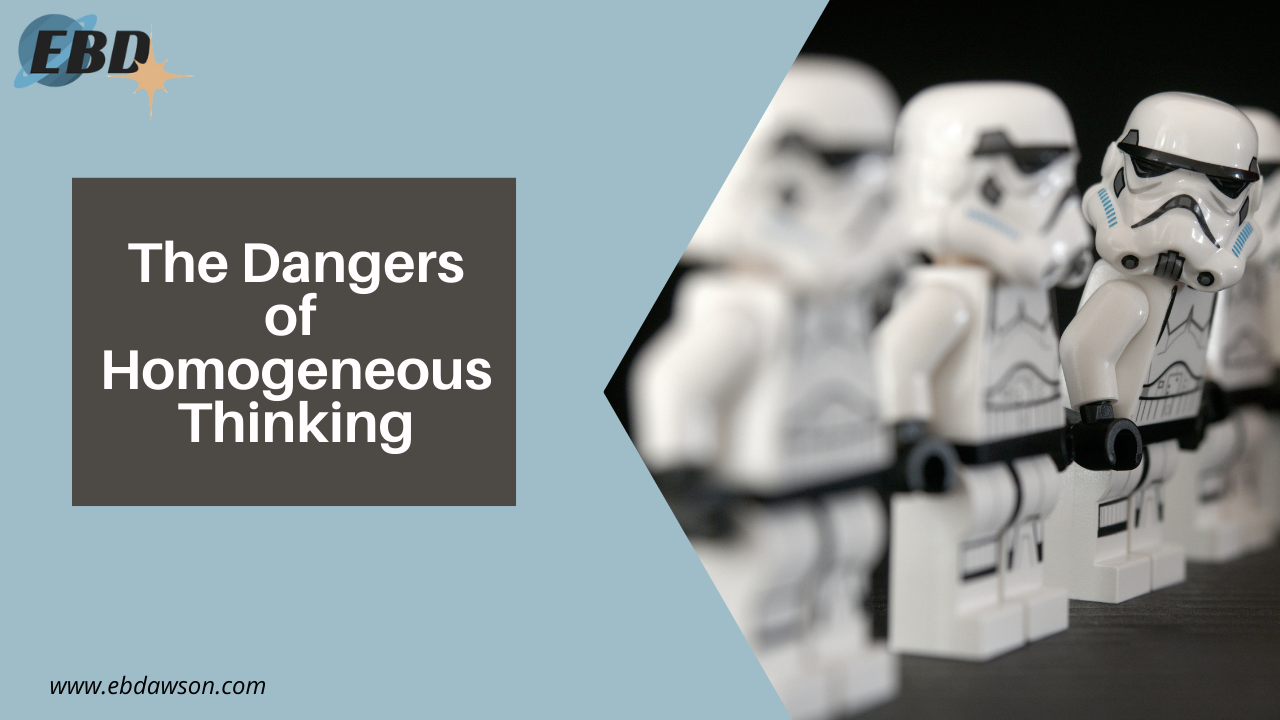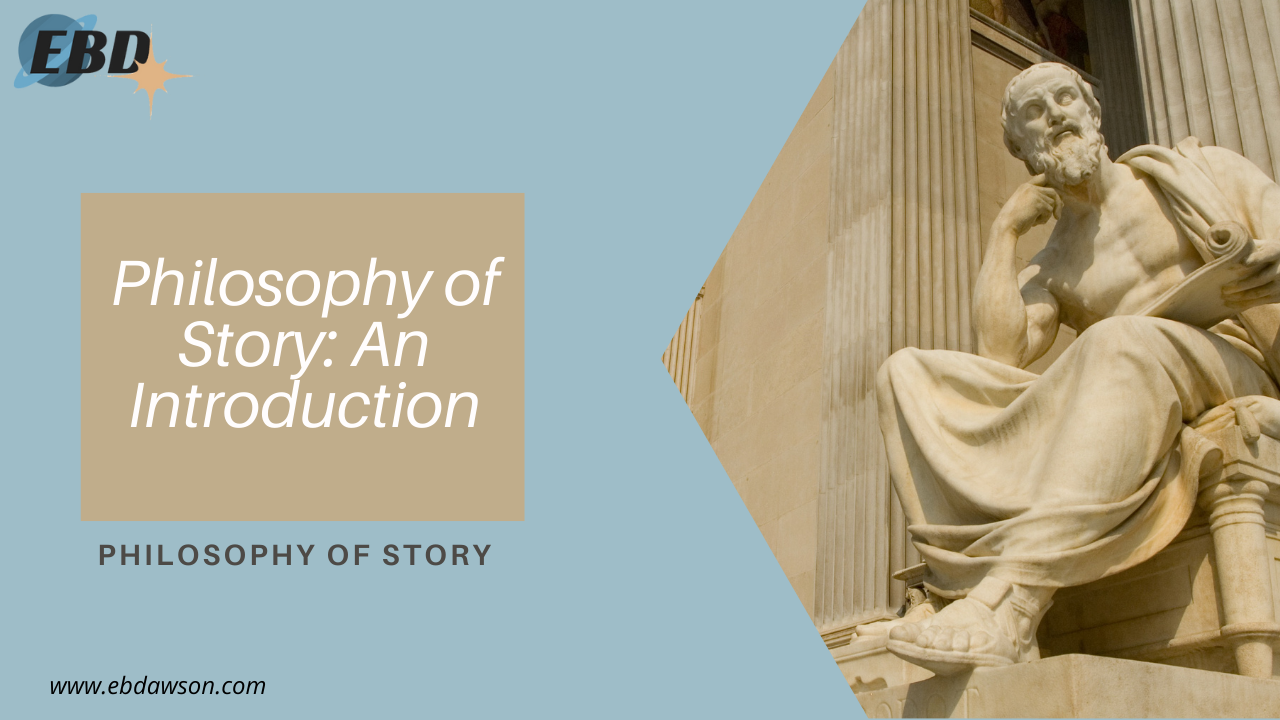New to my work and not sure where to start? Or just itching for a rerun through all my books and what makes them unique? I’ve got you covered.
Sing to Me of Rain
My Summary: An Asian-inspired middle-grade fantasy for all ages. If you’re looking for a rich, transportive fantasy with vivid settings, complex characters, and wholesome themes which touch on difficult issues with a light hand, this book is for you.
Themes: wonder, friendship, common grace, forgiveness, redemption
Content: Mild (Family friendly)
Tropes: talking animals, naiads, weather magic, journey quest
Influences: Studio Ghibli, George MacDonald, The Chronicles of Narnia by C.S. Lewis, The Iron Ring by Lloyd Alexander, Peter Pan
How Readers Describe It:
“Sweet. Heartfelt. Bursting with wisdom…there’s really no way to describe the strength of sorrow and hope in this story.” –Goodreads Reviewer
“The setting was so rich and vibrant! I loved seeing the beautiful world that Dawson created, and the interesting creatures that inhabit it. It’s such a beautiful blend of bright and soft, as if the world were painted in jewel tones and then the edges were softened by hazy light.” –Amazon Reviewer
“The depth and truths and level of everything in this book were fascinating and one of the things I think older readers will like too. It asks hard questions and doesn’t talk down at all, which is something I dislike about some middle grade books these days—it’s just a book that happens to be about young characters…it feels deep and made me think and showed me things…but it’s also very fun and I just enjoyed it. It makes me so happy!” –Amazon Reviewer
“Sing to Me of Rain is one of the most beautiful books I have read. It is full of creativity, relatable questions, gentle wisdom, and hope with real substance.” –Amazon Reviewer
Watson and Holmes
My Summary: The cyber/space opera I’ve always wanted but no one has ever given me. It’s Sherlock Holmes in a city full of aliens and with two female leads. I rarely see women portrayed with the nuanced complexity I want and never as a lead pair of friends. This story was such a treat to write. Full of witty banter balanced with real emotional payouts, clever plot twists, and vibrant alien cultures. This is a popcorn story with real heart behind it.
Themes: friendships, justice, healing,
Content: About the same as your average Marvel movie (No graphic content)
Tropes: aliens/alien cultures, bio-engineering, female friendship, cozy mystery
Influences: Sherlock Holmes, Sherlock, The Great Mouse Detective, The scenes of “underground Coruscant” from Attack of the Clones, My own experiences living with a dear friend.
How Readers Describe It:
“Better than Netflix.” –Amazon Reviewer
“The world-building, always a highlight of Dawson’s books, is superb yet again…I felt immersed in the extraterrestrial world of the story and could clearly visualize the various alien creatures that populated it. The mystery element, always a tricky part when writing a Holmes adaptation, is handled beautifully. The big reveal at the end came as a genuine surprise to me, and yet enough clues to it had been seeded throughout the earlier portions of the book for it to make sense…My favorite element, however, was the brilliant and hilarious dialogue…in short, this is my favorite book from E.B. Dawson yet, and one of the best Sherlock Holmes adaptations I’ve had the pleasure to read.” –Kyle Robert Shultz
“I love this story. There is so much complexity and beauty. The visual descriptions are gorgeous, and the twists and turns are just awesome.” –Amazon Reviewer
“Dawson writes a clever story with good pace and suspense that leaves us guessing. I found both Watson and Holmes to be tremendous creations and I so hope we see another story involving them.” –Amazon Reviewer
Ahab
My Summary: My guilty pleasure book. Basically I reimagined Moby Dick in a scifi setting with all the Treasure Planet vibes. Lots of liberties were taken because I wasn’t trying to rewrite Herman Melville’s classic, but comment on it in a unique way. The two biggest changes are perhaps the establishment of a deep, equal friendship between Ahab and Starbuck, and instead of being a living creature, Moby Dick is a machine verging on artificial intelligence. I believe both these changes actually help the reader establish the proper sympathies with the story which Melville intended. At the core, this is a story about a man, in the midst of circumstances outside of his control, trying to take control in the only way he knows how. That is what makes him a tragic hero. But it is not a pointless tragedy. There is beauty and warmth and friendship and also hope all along the journey. I believe it is a journey worth taking.
Themes: friendship, human agency, man vs machine, man vs himself
Content: About the same as Star Wars (No graphic content)
Tropes: male friendship, Byronic hero, space travel, A.I., PTSD, spaceships
Influences: Moby Dick, Treasure Planet, Master and Commander
How Readers Describe It:
“This book is a gem…full of rich and beautiful language, old sensibilities, and complex world-building.” -Amazon Reviewer
“It’s a deeply human and moving book full of heart-pumping action and quiet, intimate, everyday happenings…it knit me ever more tightly with the characters until I cried at the end.” -Amazon Reviewer
“The seamless combination of paranormal talk and the hard realities of this science fiction world is endlessly impressive.” –Goodreads Reviewer
The Lost Empire Trilogy
My Summary: My own twist on a portal fantasy, an urban dystopia turns into a vibrant crossworlds fantasy when Anissa discovers that the world she can travel to in her dreams is real and her government has been exploiting it. This series is a complex exploration of globalization and the clashing of ideologies, all set within a rich fantasy environment.
Themes: justice, identity, international responsibility, adoption
Content: About the same as your average Marvel movie (No graphic content)
Tropes: travel between worlds, supernatural science, chosen one, found family, adoption, government secrets, romantic subplot,
Influences: Avatar, Divergent, Tin Man, The Giver Quartet, Lady in the Water
How Readers Describe It:
“Character-driven futuristic political-thriller with elements of sci-fi and fantasy=something for everyone!” –Amazon Reviewer
“If you love fantasy or feel a passion to right the wrongs in the world, if you have wanderlust or love beautiful nature, if you enjoy books with unique and genuine characters or want themes you can chew on, you need to read [this series] right now.” –Amazon Reviewer
“The more I read of her books, the more I realize that E.B. Dawson is a master of deep characters, intricate plots, vivid world-building and honestly, words themselves.” –Amazon Reviewer
“There are moments of intense action, beautifully complex character study, and hints of poetry through the work. Once again, E.B. Dawson shines as she teases out complex politics, and the spirit of travel and adventure.” –Amazon Reviewer
The Creation of Jack Series
My Summary: A unique, character-driven scifi series that starts on earth in the not-too-distant future. I wanted to write a story about a girl who had every reason to be a victim but refused to be victimized. Really, this series is my thesis on healing from complex trauma and finding meaning and agency in a world where other people want to control you. It’s an empowering journey full of heart-stopping action, a large cast of lovable characters, and an ending that will make you feel more whole. Plus, it’s packed full of pretty much all of my favorite scifi tropes.
Themes: personal agency, found family, healing from brokenness, forgiveness, redemption
Content: About the same as your average Marvel movie (No graphic content)
Tropes: AI, bioengineering, time travel, robots, alternate realities, space stations, colonization, super soldiers
Influences: Ender’s Game, Stargate SG-1, Serenity/Firefly, The Bourne Identity, Star Trek Voyager
How Readers Describe It:
“This book is a treasure and a gift. I recommend it to all fans of dystopia and science fiction, especially if you feel like you’ve lost more than you were willing to give or like the world asks you to give too much of yourself.” –Amazon Reviewer
“Jack has become a fixture in my life, as I know she has for many readers. Strong. Kind. Steady. Willing to face down great evil. Each book has progressively broken my heart more and more. If you are a regular reader of the COJ series, just the title alone is enough to break your heart.” –Amazon Reviewer
“I particularly loved the theme of th[e] final volume: that we must move forward no matter how unfair life is and regardless of how we feel. If we’re honest with ourselves, it’s not hard to see that life often presents us with days that we do not want to face, challenges that we do not feel like overcoming, and obstacles that we would rather avoid. Yet, “if we waited for the ideal circumstances to live our lies, we’d never live them at all.” If there’s one thing that Jack has taught me, it’s to keep moving forward…the outcome doesn’t always have to be perfect, and you don’t always have to feel up to the challenge, but you can manage when you stand with the ones you love and work as a team to take life “one day at a time until the end.” –Amazon Reviewer
“The first word that came to mind while reading Out of Darkness was: powerful. Powerful, honest, raw, and gritty.” –Amazon Reviewer



